List of All Traditional Rulers In Nigeria
- Home /
- blog post
Having owned the title of the most populous country in Africa. Nigeria has one of the richest and most diverse cultural heritages, with over 400 ethnic groups. Each with its distinct traditions, customs, and beliefs.
One important aspect of Nigerian culture is the role of traditional rulers, who serve as custodians of the customs and traditions of their people.
Traditional rulers are highly revered in Nigerian society, and their positions are often hereditary, passed down from one generation to the next for most of the ruling families while for others, It's passed through clans.
The history of traditional rulership in Nigeria dates back centuries, and each ethnic group has its unique system of governance. In some cases, traditional rulers serve as religious leaders, while in others, they have more political power. Regardless of their specific role, traditional rulers play a crucial role in maintaining the cultural identity of their people.
This article will provide a comprehensive list of all traditional kings in Nigeria, organized in no particular order and ethnic group. The list will include information on each king's name, title, and the history of their reign. By exploring the rich and diverse history of traditional rulership in Nigeria, readers can gain a deeper understanding of the country's cultural heritage and the important role that traditional rulers continue to play in Nigerian society today.
Traditional Rulers In Nigeria
Below is the list of most of the traditional rulers in Nigeria. I said most because this list is not complete. Check below:
Ponzhi of Tarok people
The Ponzhi Tarok is the traditional ruler of the Tarok people, an ethnic group that is primarily located in Plateau State, Nigeria. The title "Ponzhi" means "king" in the Tarok language.
The Tarok people are known for their rich culture and traditions, and their traditional ruler, the Ponzhi, plays an important role in preserving and promoting their cultural heritage. The Ponzhi serves as the spiritual and political leader of the Tarok people and is responsible for maintaining peace and order within his kingdom.
Since the gloriouse Passing of the Ponzhi Tarok, the seat has remain vecant for some time now due to lingering court cases concerning the seat. Hopefully and very soon, we hope to report back to you and update this post with who the current ponzhi Tarok is. For the moment, if need be for anything concerning Tarok land to be heard, my best bet will be it has to go through the Elders headed by the Ponzhi Zinni who is the Vice President Tarok Traditional council.
His Royal Majesty Chief Domkat Bali is the last to occupy the glorious seat of Ponzhi Tarok. December 2010, he was chosen by the Tarok kingmakers, led by the Madakin Langtang, HRH Daniel Lamda Bongtur, to succeed Lt. Hrm. Edward Cirdap Zhattau(oon.) as the Ponzhi Tarok, the supreme monarch of the Tarok people of plateau state. He was married to educationist Esther Bali, and they had two children, Nanna and Ponfa.
He is a respected and influential figure in Nigerian society and is known for his efforts to promote education, healthcare, and social welfare in his kingdom.
The Ponzhi Tarok is surrounded by a council of chiefs and councilors, who assist him in the governance of his kingdom. These include the Madaki, who is responsible for the day-to-day administration of the kingdom, and the Galadima, who is responsible for maintaining law and order.
The Ponzhi Tarok is an important figure in Nigerian culture and history, and his kingdom has played a significant role in the political and economic development of the region. Today, the Ponzhi Tarok continues to serve as a symbol of the resilience and cultural richness of the Tarok people and their traditions.
Alaafin of Oyo
The Alaafin of Oyo: The Alaafin of Oyo is the traditional ruler of the Oyo Empire, one of the most powerful empires in Nigerian history. The Alaafin is a highly revered figure, and his word is considered to be law within the empire.
Aku Uka of Wukari
The Aku Uka of Wukari is the traditional ruler of the Jukun people in Taraba State, Nigeria. The Jukun people are part of the larger Kwararafa Kingdom, which was a pre-colonial empire that existed in the region for several centuries.
The title "Aku Uka" means "great ruler" in the Jukun language, and the position has been in existence for over 400 years. The Aku Uka of Wukari is not only a political and administrative leader but also a spiritual leader, responsible for the religious and cultural well-being of his people.
The Aku Uka of Wukari is surrounded by a retinue of chiefs and councilors, who assist him in the governance of his kingdom. These include the Wukari chiefs, who are responsible for the day-to-day administration of the kingdom, as well as the village and district heads, who oversee affairs at the local level.
The Aku Uka of Wukari is an important figure in Nigerian culture and history, and his kingdom has played a significant role in the political and economic development of the region. Today, the Aku Uka of Wukari continues to serve as a symbol of the resilience and cultural richness of the Jukun people and their Kwararafa kingdom.
Alake of Egbaland (also known as Egba Ake)
The Alake of Egbaland is the traditional ruler of the Egba people in Abeokuta, Ogun State, Nigeria. The Egba people are a subgroup of the larger Yoruba ethnic group, and their kingdom has a long history dating back to the 19th century.
The title "Alake" means "one who brings honor to the crown" in the Yoruba language. The Alake of Egbaland is not only a cultural and spiritual leader but also plays a key role in the governance and development of his kingdom.
The current Alake of Egbaland is Oba Adedotun Aremu Gbadebo III, who ascended the throne in 2005. He is the 10th Alake since the title was established in the early 19th century. Oba Adedotun Aremu Gbadebo III is a respected and influential figure in Nigerian society and is known for his contributions to education, health, and social welfare in his kingdom.
The Alake of Egbaland is surrounded by a council of chiefs and councilors, who assist him in the governance of his kingdom. These include the Baale, who are responsible for the administration of local areas within the kingdom, and the Oloritun, who are responsible for the maintenance of law and order.
The Alake of Egbaland plays an important role in promoting and preserving the cultural heritage of the Egba people, including their language, religion, and customs. Additionally, the Alake of Egbaland is involved in political matters, serving as a mediator and advisor to government officials and traditional rulers from other parts of Nigeria.
Overall, the Alake of Egbaland is an important figure in Nigerian culture and history, and his kingdom continues to play a significant role in the political and economic development of the region.
- Attah of Igala
- Ad’Ogbadibo of Orokam
- Abodu of Ikale
- Akarigbo of Remo
- Abepa of Joga
- Alayetoro of Ayetoro Ekiti
- Alaketu of Ketu
- Alapomu of Apomu
- Alara of Ilara
- Amanyanabo of Kalabari
- Amanyanabo of Boony (Ubani)
- Amanyanabo of Opobo
- Ataoja of Osogbo
- Awujale of Ijebu
- Arujale of Okeluse
- Adokun of Igan-Okoto
- Alademeso of Igan-Alade
- Amayanabo of Opobo
- Amanyanabo of Ogbolomabiri, Nembe Kingdom of Izon people
- Amanyanabo of Bassambiri, Nembe Kingdom of Izon people
- Amanyanabo of Okpoama, Nembe Kingdom of Izon people
- Amanyanabo of Odioama, Nembe Kingdom of Izon people
- Amanyanabo of Twon Brass, Nembe Kingdom of Izon people
- Amayanabo of Ke
- Amanyanabo of Okochiri
- Amayanabo of Sangana
- Amayanabo of Ogu
- Agwam of Atyap people
- Agwam Bajju of Bajju people
- Agwam Fantswam of Fantswam (Kafanchan) people
- Agwam Asholyio of Moroa, Asholyio people
- Are of Eggon people
- Aidonogie of south Ibie, Afemai People
- Agom adara of Adara people
- Akan of Badagry
- Agura of Gbagura
- Alani of Ido Ani
- Ayangburen of Ikorodu
- Aladegunshebi of Odoragunshen
- Alabirun of Ikaare
- Aholu of Ajido
- Adeboruwa of Igbogbo
- Alabirun of Ikaare
- Alajede of Ijede
- Alado of Ado
- Alaye-Ode of Ode Remo
- Alakenne of Ikenne
- Adokun of Igan-Okoto
- Ajalorun of Ijebu-Ife
- Akija of Ikija-Ijebu
- Alaiye of Odogbolu
- Agbowu of Ogbaagbaa
- Amananaowei of Tombia
- Ad’Igede of Igede people
- Agaba of Izhia
- Adedugbe Jegun of Ile-Oluji
- Ajobu of Araromi-Obu
- Abodi of Ikoya
- Asigangan of Igangan
- Aseyin of Iseyin
- Alepata of Igboho
- Atar Aten of Ganawuri Riyom
- Agwom Izere of Izere
- Bra Ngwe Irigwe of Irigwe people
- Chun of Mada people
- Chun of Gudi
- Dein of Agbor
- Deji of Akure
- Dagburewe of Idowa
- Da Gwom Rwey of Vwang
- Elegushi of Ikate
- Ebenanaowei of Ogulagha
- Ebenanaowei of Gbarain
- Ebenanaowei of Tuomo
- Ebenanaowei of Oporomor
- Ebenanaowei of Kumbowei
- Ebenanaowei of Oyakiri
- Elemuren of Emuren
- Edidem of Akwa Akpa
- Elejinrin of Ejinrin
- Ewi of Ado-Ekiti
- Etsu of Nupe people (also known as Emir of Bida)
- Etsu of Lapai
- Emir of Kano
- Emir of Bichi
- Emir of Zazzau (also known as Emir of Zaria)
- Emir of Daura
- Emir of Gombe
- Emir of Borgu
- Emir of Fika
- Emir of Biu
- Emir of Gwandu
- Emir of Gusau
- Emir of Gumel
- Emir of Potiskum
- Emir of Patigi
- Emir of Misau
- Emir of Lafiagi
- Emir of Lafia
- Emir of Jama’are
- Emir of Rano
- Emir of Nasarawa
- Emir of Katsina
- Emir of Kazaure
- Emir of Damaturu
- Emir of Jajere
- Emir of Hadejia
- Emir of Zamfara
- Emir of Mubi
- Emir of Agaie (also known as Etsu Agaie)
- Emir of Kebbi (also known as Argungu)
- Emir of Suleja
- Emir of Bade
- Emir of Bauchi
- Emir of Ilorin
- Emir of Birnin Gwari
- Emir of Gujba
- Emir of Kagara
- Emir of Katagum
- Emir of Keffi
- Emir of Lere
- Emir of Muri Taraba
- Emir of Machina
- Emir of Ningi
- Emir of Yauri
- Emir of Wase
- Emir of Kanam
- Emir of Bungudu
- Emir of Bakura
- Emir of Tsafe
- Emir of Bukkuyum
- Emir of Birnin
- Emir of Talata-Mafara
- Emir of Kaura-Namoda
- Ere of Koro Wachi people
- Eburu of Iba
- Ebumawe of Ago-Iwoye
- Elewo of Ilewo
- Eze Obi of Orodo
- Eze and Igwe – used by most Igbo people kings
- Eze of Enugwu Auleri
- Eze of Nri
- Ezhie of Ezhionum
- Ebu of Umuebu
- Eze of Ngwa
- Eze Edem of Edem
- Eze Ekpeye Logbo of Ekpeye
- Eze of Eri
- Eze Igwete of Amai
- Eze of Abia
- Eze of Umuanunu
- Eze of Olaukwu
- Eze of Irete
- Eze of Eziokele
- Eze of Amaifeke
- Eze Okiruru of Umudioka
- Ezediohanma of Umukpa Alike
- Eze Ezikochi of Awaka
- Ezeudo of Nguru Nwekeoha
- Eze Ogwu of Ogwuama
- Eze Umara of Adakam Amumara
- Eze Uri of Uri Amaimo
- Eze of Ngor
- Ezeoha of Eziobodo
- Eze Chidiebube of Egbelu Obube
- Eze Ihemefulen of Umuonyima Owerri
- Eze Ononenyi of Ozuh Omuma
- Eze Obi of Nkume
- Eze Obodo of Assa
- Eze Igwe Ohazurumee Of Nneato-Ochasi
- Eze Otachirioha of Ossemoto
- Eze Isiala of Isiala Umudi
- Ezeudo of Mgbidi
- Eze Akanigbo Of Umuakam
- Eze Ekiti of Ekitti Afor Abba
- Eze of Awada Iheme Izuogu
- Eze Ebubedike of Awo-Idemmili
- Eze Obi of Isu Njaba
- Eze Egwelle Diohanma of Umuduru
- Eze Nlogho of Umulogho
- Eze Ojiwuru Obodo of Anara
- Eze Ihi of Umuihi
- Eze Agu of Iheoma Gazoo Of Amagu
- Ezeoha of Okwuato
- Eze Anekwu of Eziowa
- Eze of Umuagna
- Eze of Isuokoma
- Esu of Karu
- Esu of Bwari
- Gara of Donga
- Gbong Gwom of Jos, Berom people
- Gbegande of Ososa
- Ibedawei of Akassa
- Ibedawei of Bilabiri
- Igwe of Nnewi (also has the title Obi of Otolo)
- Igwe Duru of Orlu
- Igwe of Ugbo Igbo
- Igwe of Ekoli
- Igwe of Ndeaboh
- Igwe of Aji
- Igwe Omashi of Iwollo
- Iralepo of Isinkan
- King of Emu
- Kpop of Ham people
- Long of Gamai/ Goemai people
- Lamido of Adamawa
- Lamido of Gassol
- Limeri of Awa
- Moyegeso of Itele
- Magajiya (Queen) of Kubwada – ruled by women only
- Maiyaki of Kupa
- Mai of Tula people
- Ngolong of Ngas people
- Negbuwa of Ibido
- Ooni of Ife – considered seniormost King of all Yoruba people
- Oba of Benin kingdom, Edo people
- Obong of Calabar, Efik people
- Olugbo of Ugbo – Richest King in Nigeria
- Olu of Warri (Iwerre), Itsekiri people
- Obi of Onitsha
- Oba of Lagos (lagos was traditionally called Eko)
- Ojomu of Ajiran
- Olu of Ilaro and Paramount Ruler of Yewaland
- Oluwo of Iwo
- Olowo of Owo
- Olowu of Owu
- Olowu of Owu Kuta
- Obi of ,Issele Uku
- Olugbon of Orile-Igbon
- Olubadan of Ibadan
- Oniru of Iru
- Onisolu of Solu alade
- Olofa of Offa
- Oloto of Oto Awori
- Olowu of Igbara Oke
- Onisabe of Igbobi Sabe
- Olufon of Ifon
- Odemo of Isara
- Oliyere of Iyere
- Onipokia of Ipokia
- Owaloko of Iloko Ijesha
- Oluboropa of Iboropa
- Och’Idoma of Idoma people
- Ohinoyi of Ebira people/ Ebiraland
- Obi of the Idumeje-Unor
- Onojie of Urohi
- Onojie of Uromi
- Onigbeji of Igbeji
- Olojo of Ojo
- Oloja of Igbesa
- Oloto of Oto Awori
- Ololo of Ijofin
- Otaru of Auchi, Afemai people
- Okumagbe of Weppa Wanno (Agenebode), Afemai people
- Ogieneni of Uzairue (Jattu), Afemai People
- Oba of Agbede, Afemai People
- Otaru of Igarra, Afemai People
- Obi of Ubulu Uku
- Obi of Owa
- Olila-ebhugh of Abureni
- Oliola of Anegbette,
- Okumagbe of Iuleha clan,
- Okuopellagbe of Okpella
- Olofin Adimula Oodua of Ado Odo
- Olomu of Igbomina
- Oniroko of Iroko
- Osana of Keana
- Osile of Oke Ona
- Orodje of Okpe, Urhobo people
- Orosuen of Okere-Urhobo, Urhobo people
- Ovie of Uvwie, Urhobo people
- Ovie of Ughelli, Urhobo people
- Ovie of Evwreni, Urhobo people
- Ovie of Agbon, Urhobo people
- Ovie of Umiaghwa Abraka
- Osuivie of Agbarho, Urhobo people
- Okpara Uku of Orogun, Urhobo people
- Ohworode of Olomu, Urhobo people
- Ozuruigbo of Owerri
- Onochi-Eze of Umutu
- Olu of Ikeja
- Onisiwo of Abagbo & Tomaro
- Olu Agege of Agege
- Onigando of Igando
- Ojon of Ejigbo
- Oba Shomolu of Somolu
- Oba of Egbeda
- Oba of Oworonshoki and Kosofe
- Oba of Odi-Olowo
- Oloja of Epe
- Onibeju of Ibeju
- Onise of Ise
- Orijeru of Igbooye
- Onigbanko of Igbankoland
- Onilado of Ilado and Inagbe Island
- Onijanikin of Ijanikin
- Ofori of Ibeshe
- Osolu of Irewe
- Obateru of Egbin
- Olubeshe of Ibeshe
- Onidogo of Idogo
- Olu of Ijale Ketu
- Ooye of Iwoye Ketu
- Ogidimadagbo of Ilodo Ijebu
- Onipara of Ipara
- Ologere of Ogere
- Olomu of Omu
- Olobi of Ilobi
- Oniboro of Iboro
- Oloja of Igbesa
- Ololo of Ijofin
- Oniko of Ikolaje
- Onidofa of Idofa
- Onimeko of Imeko
- Olubara of Ibara
- Omola of Imala
- Onisaga of Isaga.
- Oniro of Iro
- Onilogbo of Ilogbo
- Olu of Ifo
- Onijale of Ijale – Papa
- Olu of Itori
- Olu of Afowowa Sogade
- Olu of Orile-Igbore
- Onikoko of Koko-Ebiye
- Onitele of Itele
- Olu of Akinale
- Onipe of Ibu-Arijan
- Orimolusi of Ijebu-Igbo
- Obiri of Idobiri
- Olu of Odosenlu Alaro
- Oru of Imoru
- Olupele of Ipele
- Oloba of Uso
- Olupemen of Ipemen
- Ojomoluda of Ijebu Owo
- Oliworo of Iworo
- Obenibe of Epie
- Odio-Logbo of Okugbe Isoko
- Olisua of Isua
- Olofun of Irele
- Owa of Idanre
- Olubaka of Oka
- Onigbeti Of Igbeti
- Okere of Saki
- Onpetu of Ijeru
- Peremobowei of Kabowei
- Pere of Olodiama
- Pere of Gbaramatu
- Pere of Ogbe Ijoh Warri
- Pere of Isaba
- Pere of Akugbene Mein
- Paramount Ruler of Koromotoru
- Paramount ruler of Efuts
- Paramount ruler of the Quas
- Paramount ruler of the Yakurr
- Paramount ruler of Ogoja
- Paramount ruler of Obudu
- Paramount ruler of Bekwarra
- Paramount ruler of Obanliku
- Paramount ruler of Boki
- Paramount ruler of Yala
- Ranodu of Imota
- Rebuja Of Osooro
- Sultan of Sokoto
- Soun of Ogbomoso
- Shehu of Borno
- Shehu of Dikwa
- Sa Gbayi of Gbayi people (also known as Etsu of Chikun)
- Sarkin Sudan of Kontagora
- Sabiganna of Iganna
- Saf of Ron Kulere
- Tor Tiv or Begha u Tiv of Tiv people
- Timi of Ede
- Rekna of Bashar, Yankam people
- Ukor of Ihievbe, Afemai people
- Utu Ugo Kiche of Rukuba
- Ugo Namap of Amo
- Ujah of Anaguta
- Yangede of Epe
In our subsequent blog entry, we will be delving into each of the Royals. Please subscribe to our Email list to get our email when this post is ready and other interesting piece about Africa that we will be exploring.
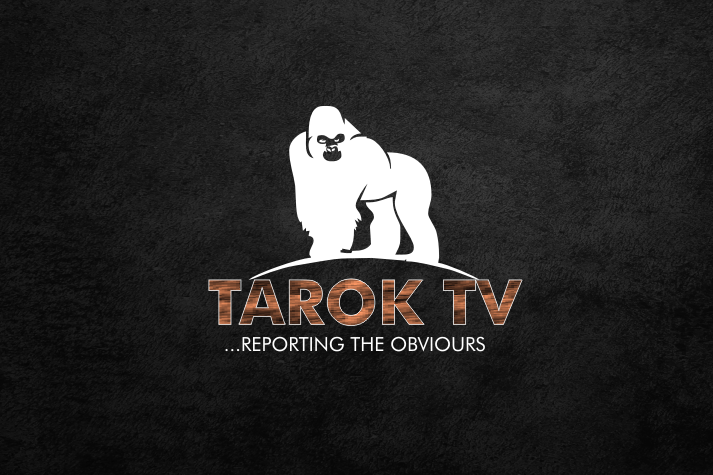
About Admin - Admin
TarokTv, ...Reporting the obvious.
Contact
Phone number: 07062319173
Email: [email protected]
Reach out to us with any news or article.
leave a comment
1 comment
Latest Articles
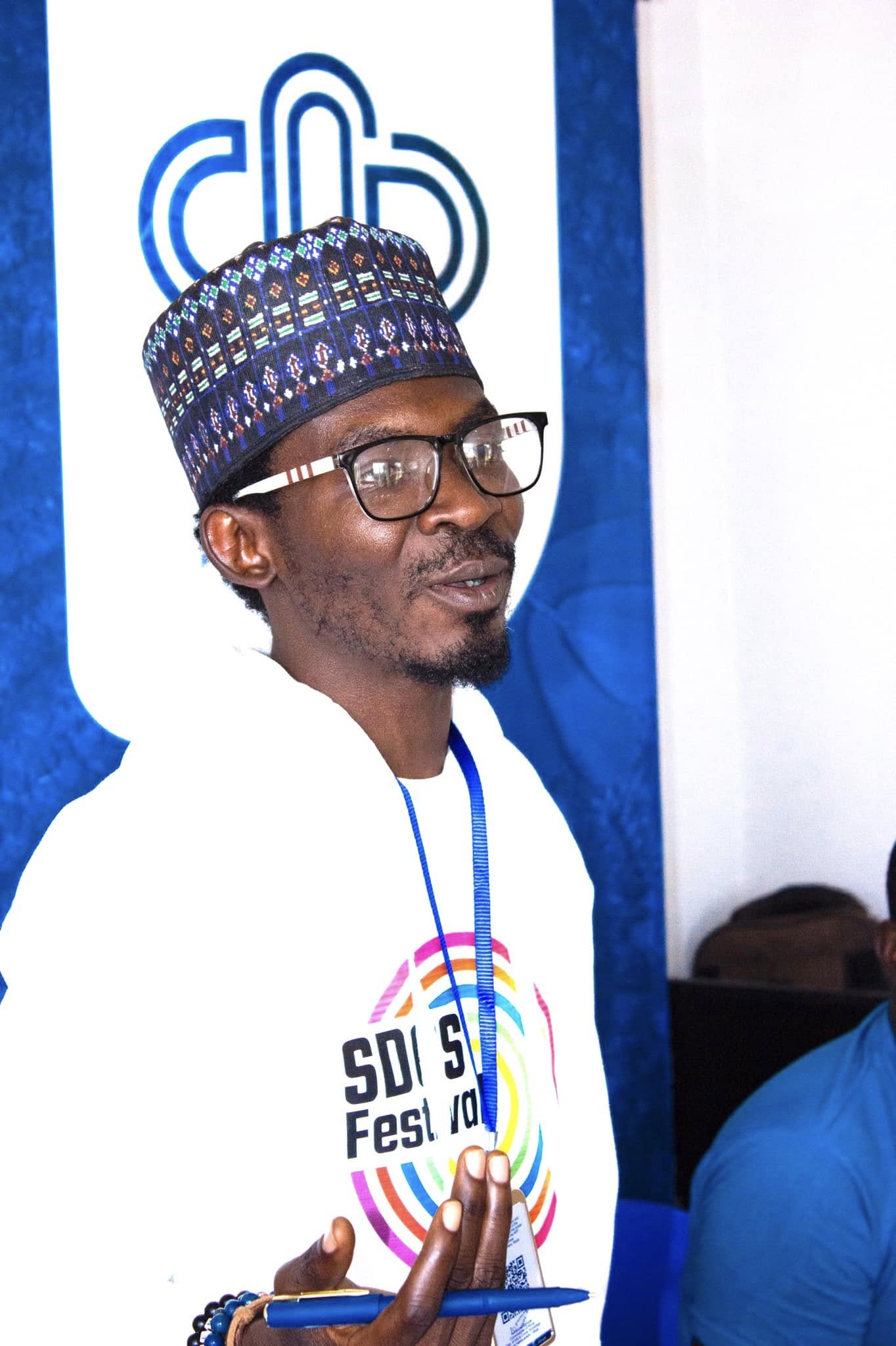
Success leaves clues, and those who seek to make a difference must study the lives of those who…
read more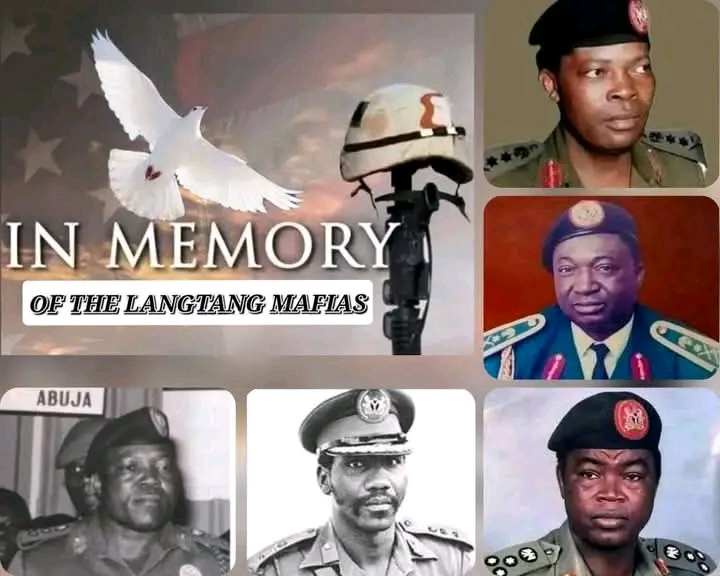
Langtang, a town in Plateau State, Nigeria, is not just another dot on the map but a significant origin for…
read more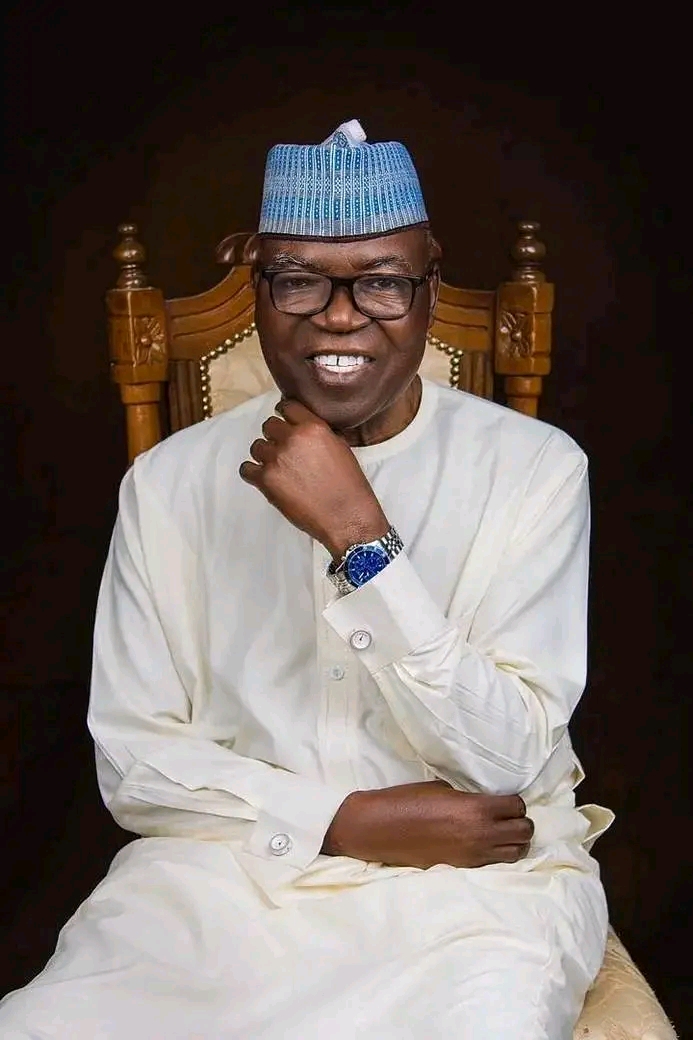
Brief Biography of Gen. (Senator) Jeremiah Timbut Useni
Early Life and Education:
Jeremiah Timbut Useni, often referred to as "Jerry Boy," was born on February 16, 1943,…
read more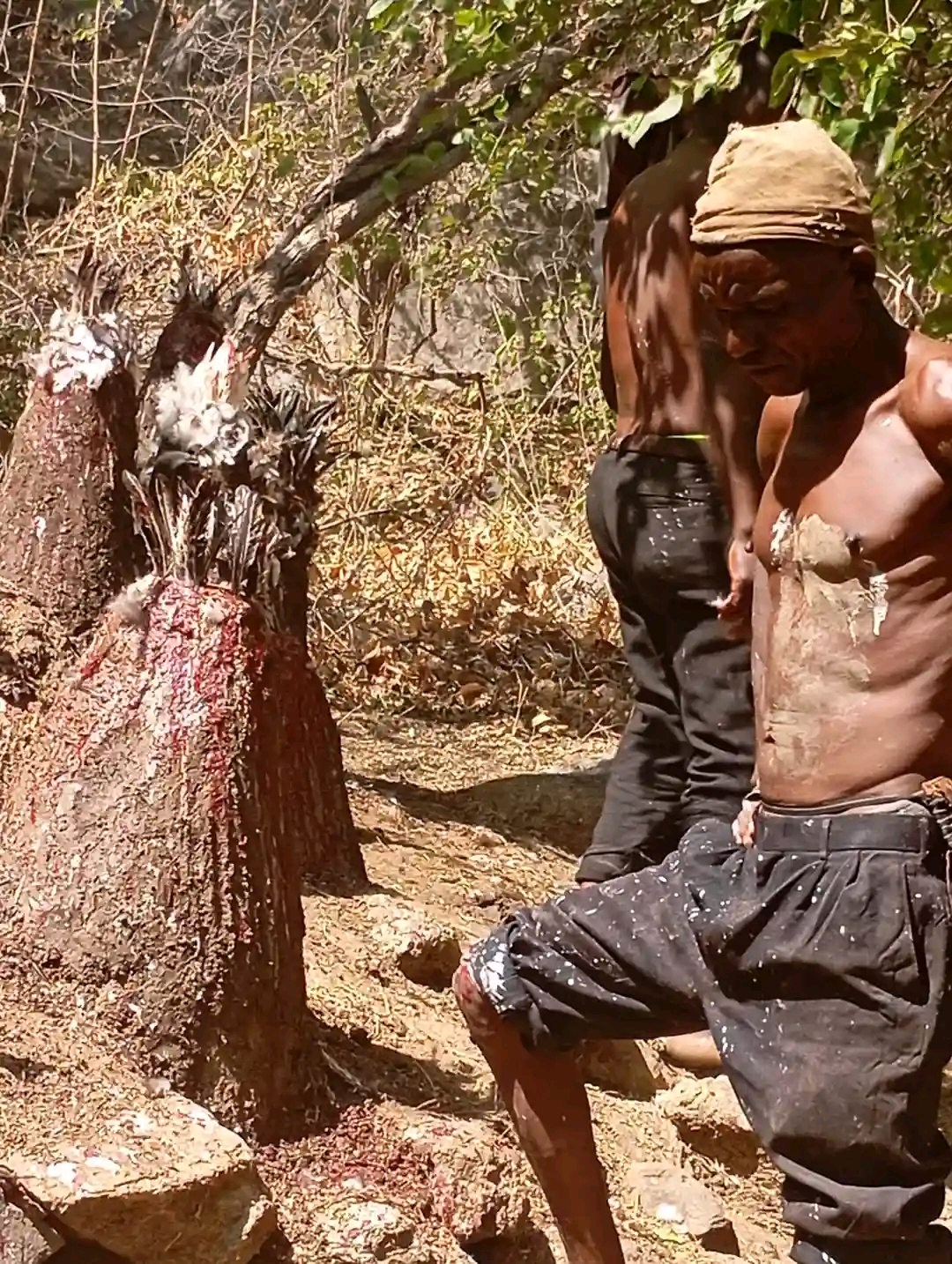
The Ibiari: A Sacred Tradition in Tarok land
The Ibiari Oga Sa festival, an annual tradition in Tarokland, was celebrated today as part of the year-end observance marking…
read more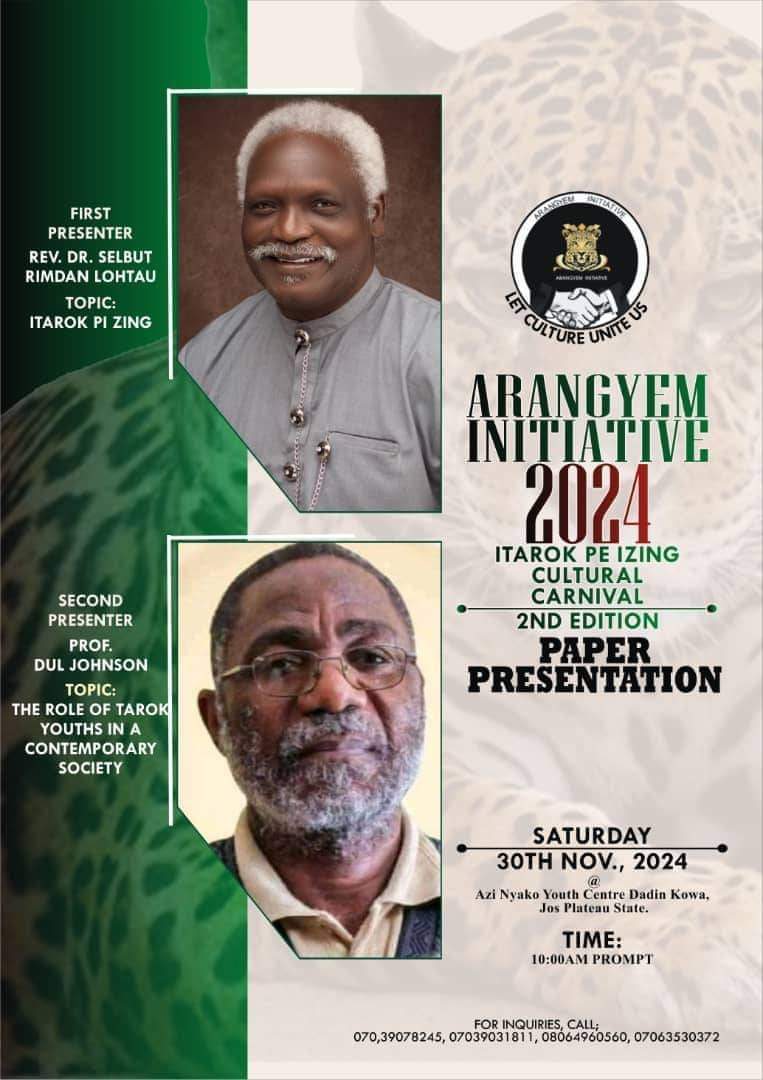
ITAROK PA IZING BY REV. DR. SELBUT LONGTAU
A PAPER PRESENTATION AT ITAROK PA IZING 2ND CARNIVAL HELD AT THE AZI NYAKO YOUTH CENTRE, JOS, 30TH NOVEMBER, 2024
… read more
TarokTv News: The Return of "Gathering of Bookworms" - A Literary Revival in Langtang North/South
TarokTv is thrilled to announce the upcoming edition of the Gathering of Bookworms, a celebrated event aimed at uniting the…
read moreLatest Albums
Recent videos
Copyright © 2020 - TarokTv designed by Taroktv Media.

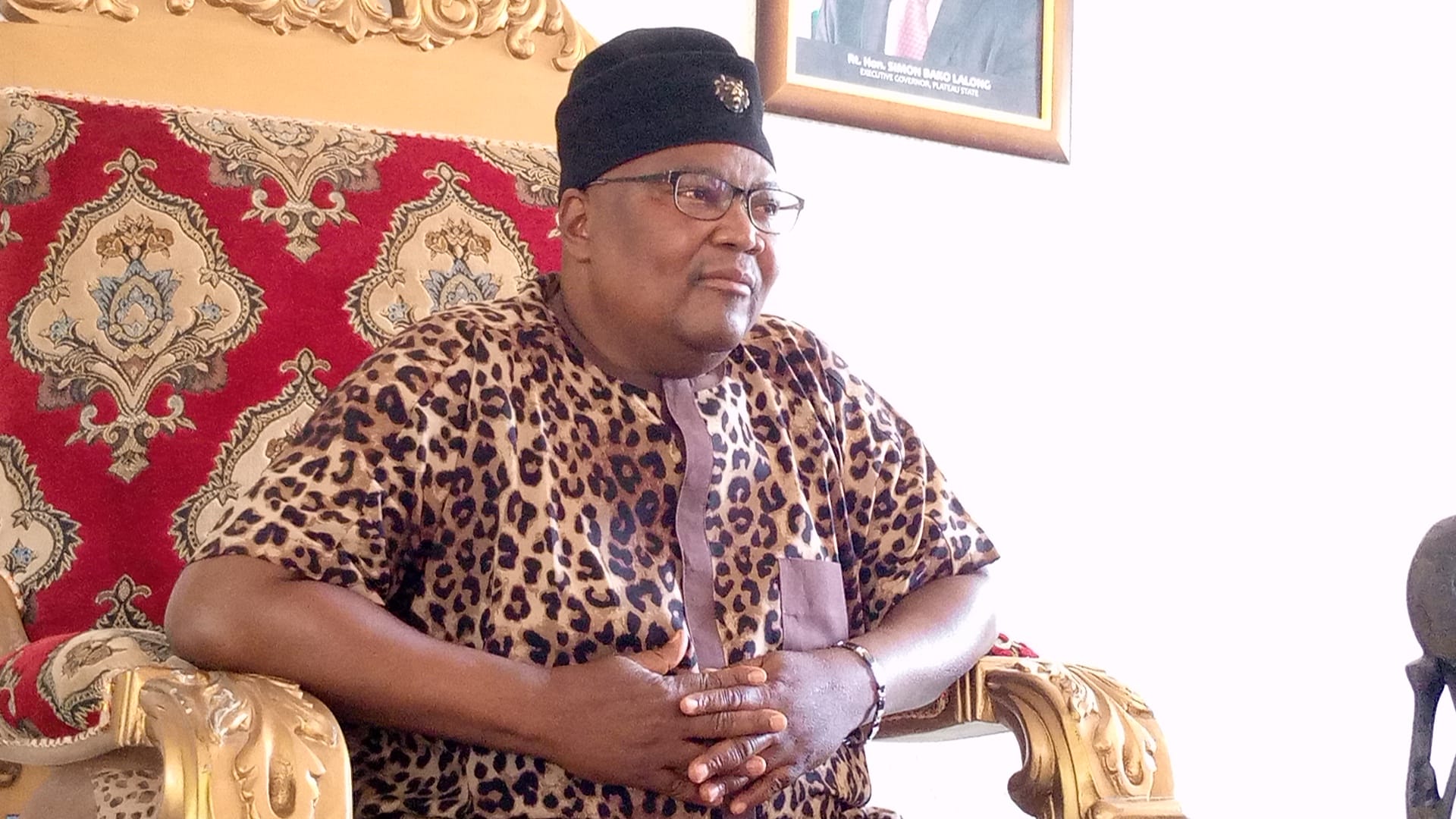
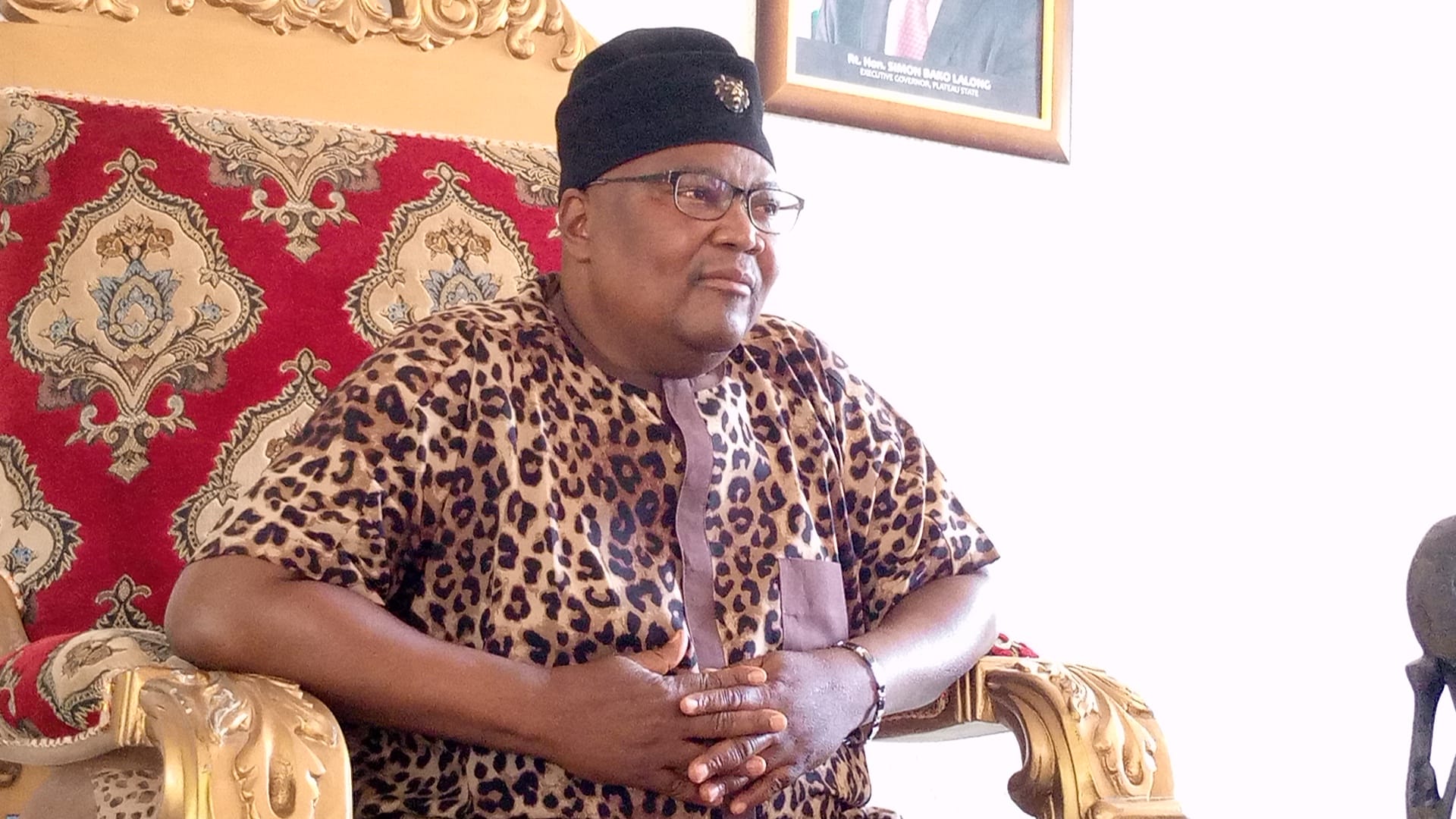

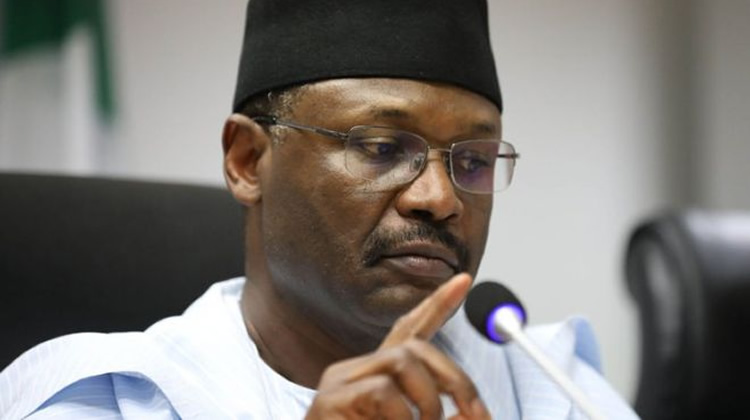
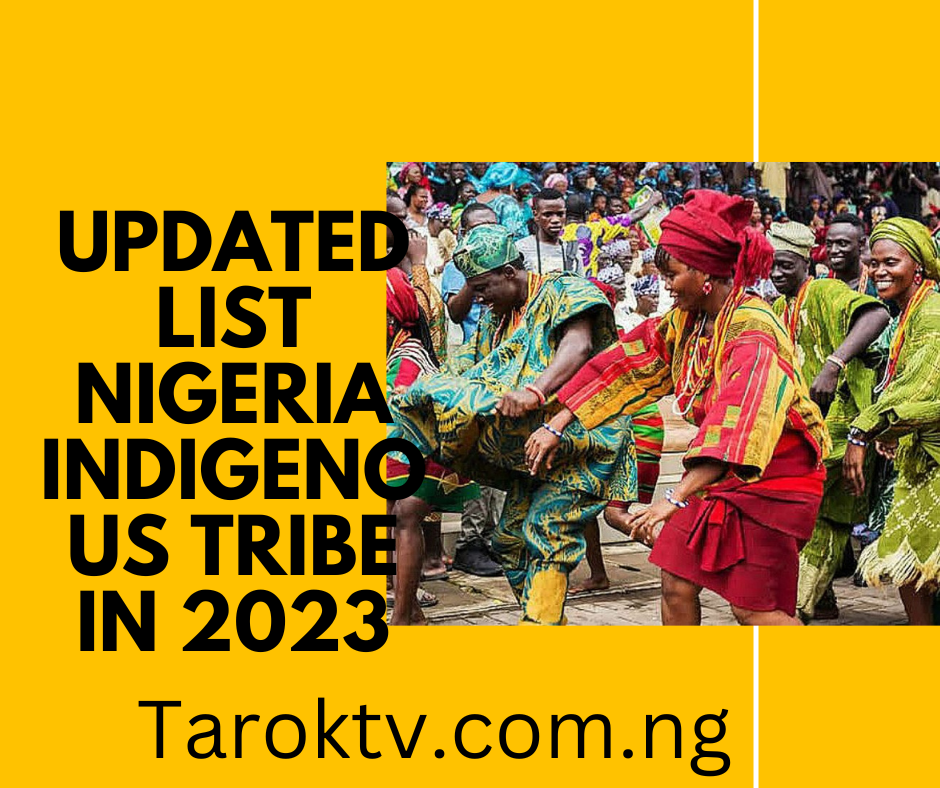


Thank u for bringing out history